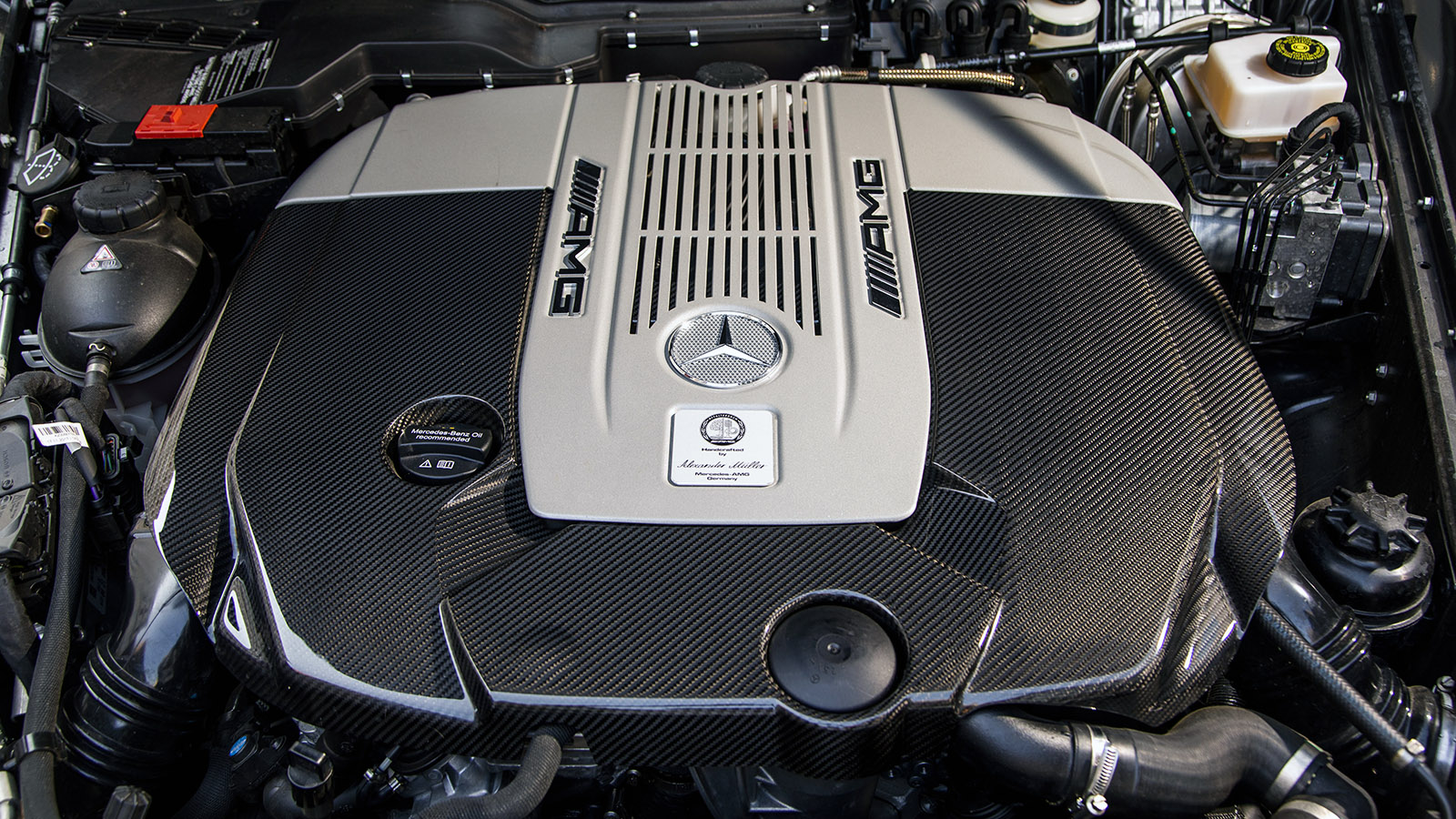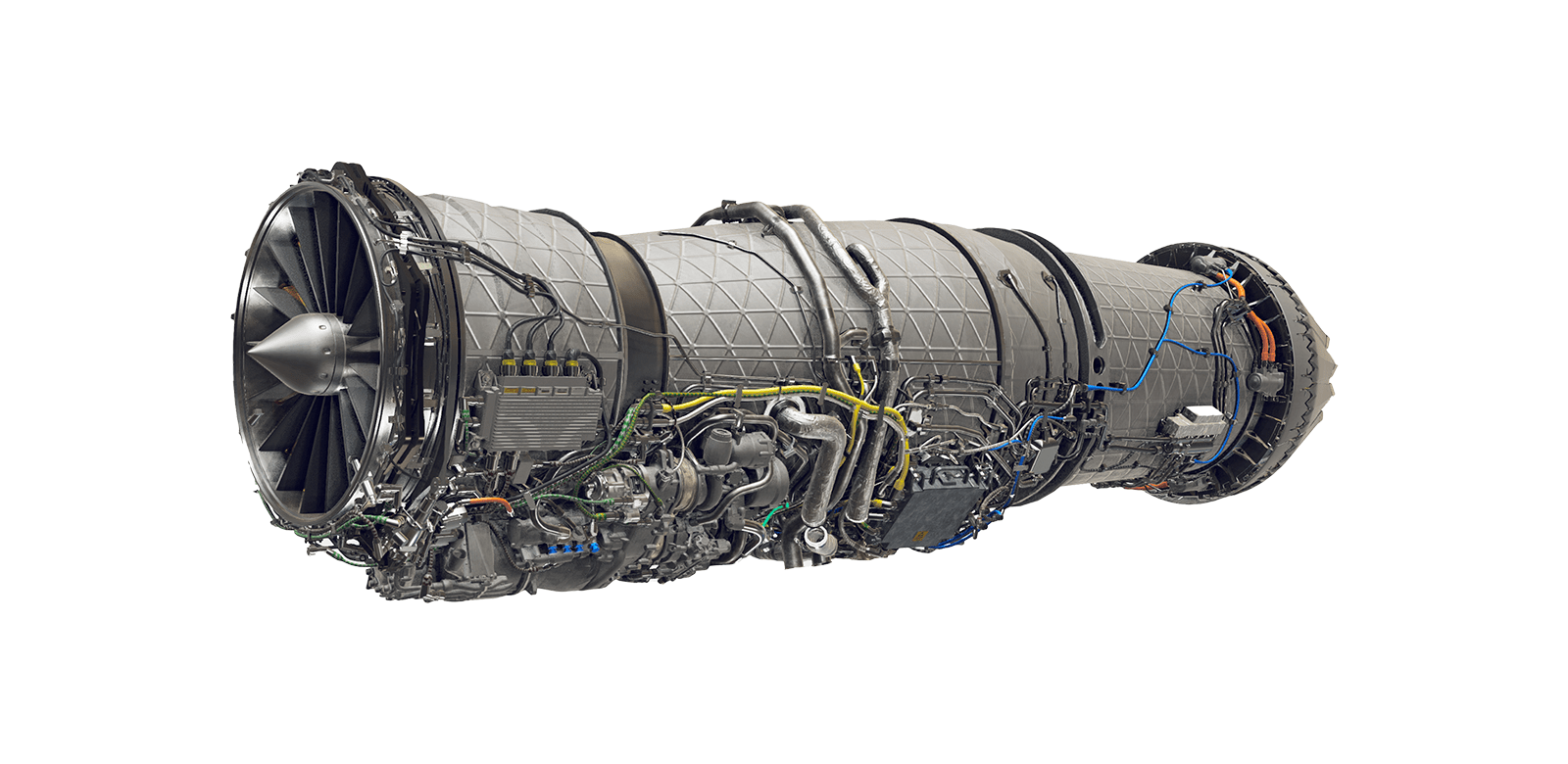The Development of High-Performance Automotive Powerplants: A Thorough Review of Cutting-Edge Engine Technologies in the Modern Automotive Market
The pursuit for more efficient, powerful, and eco mindful engines has led to a myriad of advancements that have actually improved the method we believe regarding automotive power. From turbocharging innovations to the smooth assimilation of hybrid powertrains, the world of high-performance engine innovations continues to push boundaries and redefine possibilities.
Turbocharging Advancements
The evolution of high-performance auto powerplants has been substantially influenced by continuous improvements in turbocharging technologies. Turbocharging has actually transformed the auto sector by supplying a more reliable means of increasing engine power result without substantially enhancing engine displacement. By utilizing exhaust gases to drive a generator that presses the inbound air into the engine, turbochargers successfully boost the air-fuel combination's density, resulting in boosted combustion and higher horse power levels.
One of the vital advancements in turbocharging technology is the advancement of variable geometry turbos (VGTs) or variable nozzle generators (VNTs) These systems permit a lot more specific control over boost degrees, minimizing turbo lag and boosting engine reaction across a bigger series of RPMs. Additionally, twin-scroll turbochargers have ended up being popular in high-performance applications because of their capability to separate exhaust pulses for better power use.
Crossbreed Powertrain Assimilation
Proceeding the trajectory of technical advancements in vehicle powerplants, the combination of hybrid powertrains notes a significant change in the direction of enhancing both efficiency and performance in contemporary lorries. Hybrid powertrains integrate standard interior combustion engines with electrical motors, permitting improved fuel economy, minimized emissions, and boosted power output (engines for africa). By perfectly blending the toughness of both power resources, hybrids offer a versatile solution that provides to varying motoring conditions and needs
One key advantage of crossbreed powertrain integration is the capacity to recapture power throughout drifting or braking, keeping it in the car's battery for later use. This regenerative braking feature not just improves efficiency but also adds to prolonging the general variety of the automobile. Furthermore, the instantaneous torque delivery of electric motors complements the power distribution of internal burning engines, leading to improved acceleration and responsiveness.
Car manufacturers are continuously improving hybrid powertrain technologies, aiming to strike a balance between performance and sustainability. engines for africa. As consumer demand for environment-friendly yet powerful lorries grows, the assimilation of hybrid powertrains is positioned to play a crucial function in forming the future of auto propulsion systems

Advanced Fuel Injection Systems
With advancements in auto modern technology, the implementation of sophisticated fuel shot systems has changed the efficiency and efficiency of modern vehicles. These sophisticated fuel distribution systems have actually changed standard carburetors due to their premium precision in providing fuel to the engine. Straight gas injection, where gas is sprayed directly right into the combustion chamber, enables for much better control over fuel-air mixture, resulting in enhanced power result and gas efficiency.
Among the vital advantages of innovative fuel injection systems is their ability to adjust to varying motoring problems in real-time. This flexibility guarantees optimum engine performance throughout various scenarios, whether it be during hostile acceleration or travelling at a steady rate. In addition, modern gas injectors are created to atomize gas better, advertising cleaner combustion and minimizing hazardous emissions.
In addition, progressed gas injection systems play an important function in making it possible for the execution of other Visit This Link innovative engine modern technologies, such as turbocharging and variable shutoff timing, additional enhancing the overall power and performance of high-performance automobile powerplants.
Performance-Enhancing Electronics

One secret modern technology that exemplifies this is the Electronic Control Device (ECU), which works as the brain of the engine monitoring system. The ECU processes real-time data from numerous sensors to precisely manage ignition timing, gas injection, and other important specifications, resulting in boosted power delivery and gas effectiveness. Furthermore, modern technologies like variable shutoff timing (VVT) and electronic throttle control (AND SO ON) more add to making best use of engine performance by changing valve opening times and throttle feedbacks based upon driving conditions.
In addition, performance-enhancing electronics enable features such as launch control, traction control, and adaptive shock absorber, improving both the driving experience and total car performance. The continuous development and integration of these advanced digital systems continue to press the boundaries of vehicle engineering, causing a lot more powerful, efficient, and technically progressed high-performance cars.
Future Trends in Engine Growth
As vehicle powerplants advance with the assimilation of performance-enhancing electronics, the trajectory of engine growth is poised to embrace future patterns that will redefine the landscape of high-performance vehicles. One prominent trend imminent is the continued downsizing of engines without jeopardizing power output. This downsizing is accomplished via modern technologies like turbocharging and electrification, making it possible for smaller engines to supply the performance of larger ones while enhancing fuel effectiveness.
One more vital pattern is the enhancing fostering of hybrid powertrains in high-performance automobiles. Crossbreed systems integrate inner combustion engines with electrical motors to boost acceleration and overall efficiency while lowering exhausts. Additionally, advancements in materials science are driving the development of lighter and stronger engine elements, adding to enhanced performance and power-to-weight proportions.
In addition, the industry is relocating towards more sustainable methods, with an expanding emphasis on alternate fuels such as biofuels, hydrogen, and synthetic gas. These green alternatives i loved this not just lower the ecological influence of high-performance vehicles but also use chances for more enhancing engine performance. Overall, the future of engine development in the auto sector is defined by technology, effectiveness, and sustainability.
Conclusion
Finally, the vehicle industry has actually seen significant improvements in high-performance engine innovations, consisting of turbocharging developments, crossbreed powertrain integration, progressed fuel shot systems, and performance-enhancing electronic devices. These growths have reinvented the capabilities of contemporary powerplants, bring about enhanced efficiency, power result, anchor and total performance of automobiles. As technology remains to advance, future trends in engine growth are expected to further improve the performance and sustainability of vehicle powerplants.
Turbocharging has changed the vehicle industry by providing a much more reliable means of raising engine power result without considerably enhancing engine displacement.As automobile powerplants advancement with the combination of performance-enhancing electronics, the trajectory of engine development is poised to embrace future trends that will redefine the landscape of high-performance vehicles. On the whole, the future of engine advancement in the vehicle industry is defined by sustainability, technology, and effectiveness.
In conclusion, the vehicle industry has actually seen considerable advancements in high-performance engine modern technologies, consisting of turbocharging technologies, hybrid powertrain combination, progressed fuel injection systems, and performance-enhancing electronic devices. As technology proceeds to evolve, future patterns in engine growth are anticipated to even more improve the performance and sustainability of auto powerplants.